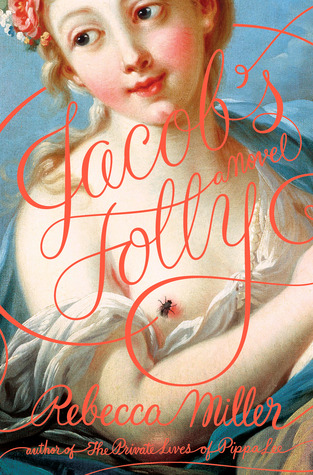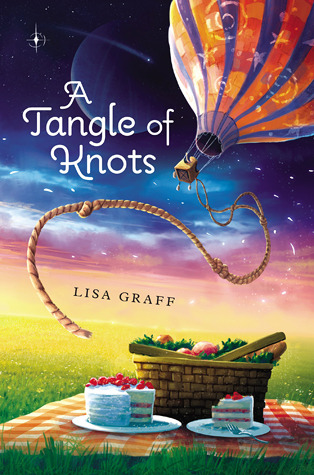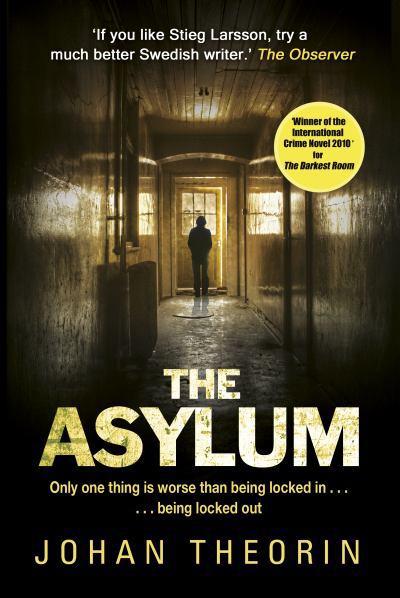
Title: Jacob’s Folly
Author: Rebecca Miller
Genre: Fiction / historical fiction
Rating: 5 / 5
Goodreads
Awesome book! I am super pleased with the results of the “only read what you’re called to” challenge I’m doing. This one had been on my list for a few years, and had gently tugged at my brain every time I scrolled by it on my to-read list, but for some reason I ignored it. Well, joke’s on me, because this is the first book to earn the full five stars from me since July (when I read and loved Saga, Volume 3).
The book opens as the narrator gains consciousness, believing, after his death in the late 1700s, that he has been turned to an angel. After all, he can fly, and when he comes across a person, he is invisible to them and yet can read their life–he can see what they see, and read their thoughts, memories, feelings. But, alas, he is not angel but a fly. We follow the story as he tries to meddle in people’s lives and he fills us in on his life back in the Paris of the Enlightenment.
This book was a joy to read. The writing was great, and often funny. The narrator’s voice was perfect. I kept wanting to read passages of it outloud to Peter, even out of context. The characters were well-drawn, and the story was engrossing. I had a hard time putting this book down, reading almost 300 pages in a single day.
Often I dislike books where there are two timelines that are somehow connected, especially if one is historical. I’ve read several of that kind and I’m struggling to think of a single one that I actually liked. I try to stay away from them, so I’m glad that I didn’t realize this book was going to do that. Miller handled the multiple timelines really well, and one of them was historical, but for some reason it was completely able to avoid the pitfalls of whatever problem those books seem to suffer from–I guess I would say it’s that they’re contrived, focused on the wrong details, or feel consciously “educational,” and this book never dipped its toes into those waters. This book felt fresh and lively–and despite its lack of didacticism, I actually felt like I did learn about the time period.
The only caveat that I have is that this book pretty much swept me up, and I got kind of emotional–meaning, when I was prevented from reading it, I was kinda cranky. In short, I loved this book. I am definitely going to be hunting down Miller’s other work–including her films. Looking forward to it!
Advertisements Share this:




